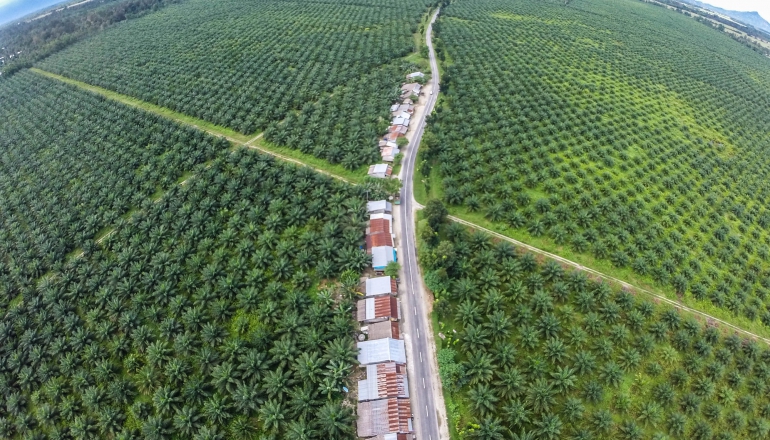Green Fuel Crossroads: Biodiesel's Costly Dilemma Sparks Global Debate

The promising world of biodiesel confronts significant hurdles as it seeks to establish itself as a sustainable alternative fuel source. Derived from renewable biomass, this innovative energy solution is grappling with complex environmental and economic challenges that threaten its widespread adoption.
Indonesia, a key player in the biodiesel landscape, has been pioneering efforts to promote palm oil-based biodiesel through strategic national policies. However, the industry is currently experiencing turbulence due to escalating production costs, particularly the rising prices of fatty acid methyl esters (FAME) in palm oil markets.
These development challenges underscore the intricate balance between renewable energy ambitions and practical economic constraints. While biodiesel represents a potentially transformative approach to reducing carbon emissions, its path to mainstream acceptance remains fraught with technical and financial obstacles that demand innovative solutions and continued research.
The ongoing evolution of biodiesel technologies and production methods will be crucial in determining whether this renewable fuel can overcome its current limitations and emerge as a viable, environmentally friendly alternative to traditional fossil fuels.
